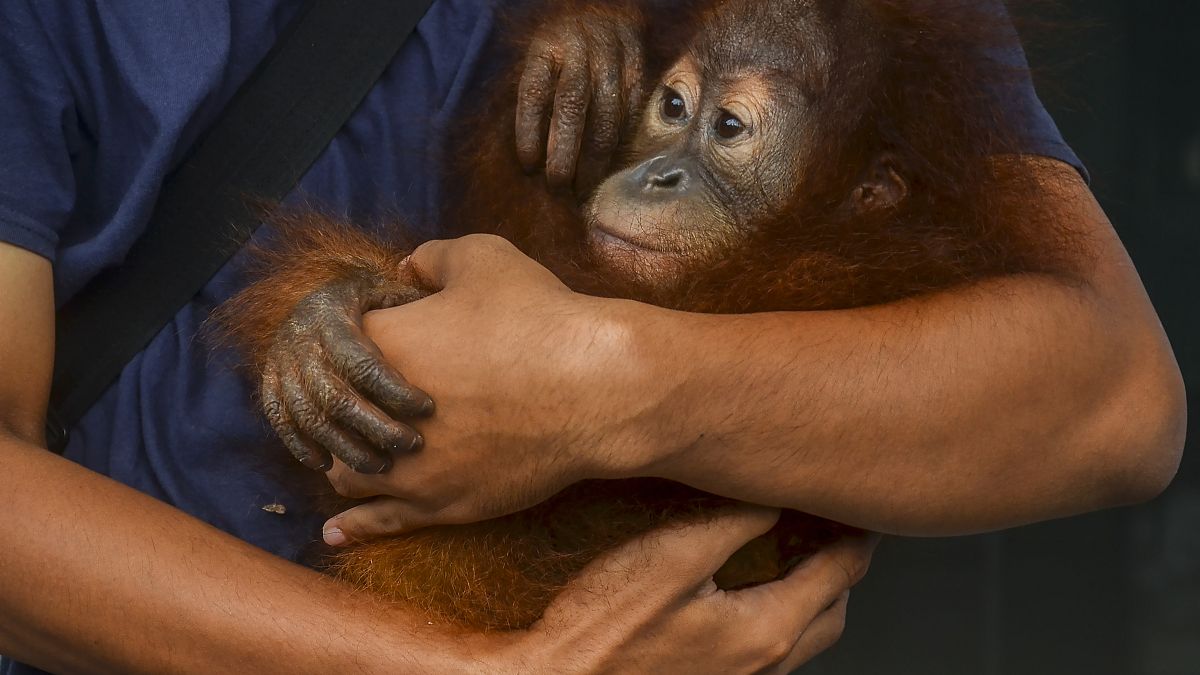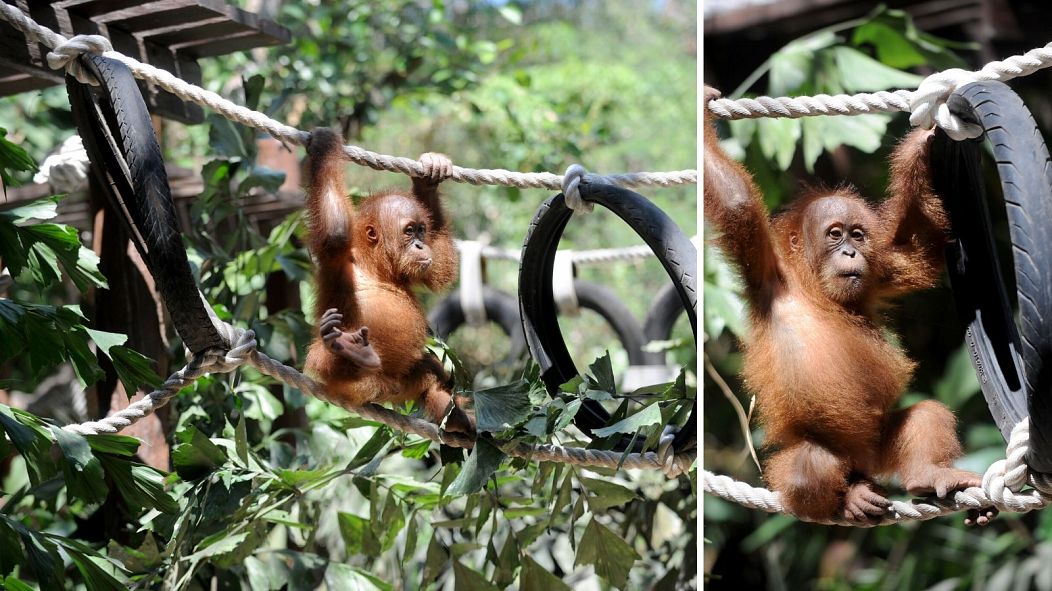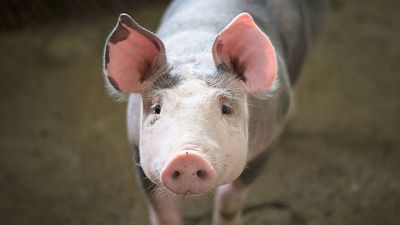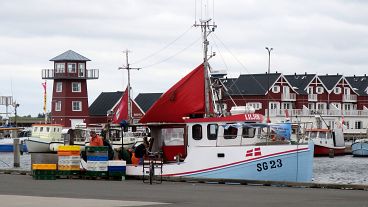Orangutans share 97 per cent of their DNA with humans so a rehabilitation centre in Indonesia decided to take extra care.
Coronavirus poses a serious threat to our closest living relatives, the great apes, say leading experts Thomas R. Gillespie and Fabian H. Leendertz in a report published in the journal Nature. Orangutans, for example, share 97 per cent of their DNA with humans, therefore, reducing the risk of introducing the virus into their community seemed an essential step for conservationists at the Borneo Orangutan Survival Foundation (BOSF) in Indonesia.
BOSF is the largest primate rehabilitation centre in the world, taking care of more than 400 orangutans in its two locations; Central Borneo and South Borneo.
With an estimated 50,000 to 65,000 orangutans left in the wild, the species is known to be critically endangered. Orangutan Conservancy claims that 2,000 to 3,000 orangutans are killed every year as a result of a loss of habitat through deforestation, poaching and the illegal pet trade.
During the global pandemic, the foundation has implemented strict measures such as banning visitors and any employees who don't have direct contact with the orangutans from coming to the centre. The essential workers who remain are also following new procedures to prevent the virus from spreading through the staff.
"We now form a team that specifically handles one block of orangutan enclosures so that if there are orangutans infected with the coronavirus we will isolate the block. That's what we do to minimize the movement of officers from one place to another," explained Jamartin Sihite, CEO of Borneo Orangutan Survival Foundation.
So far, there have been no reported cases of orangutans contracting coronavirus.
The staff still on duty include babysitters, doctors, janitors and those who feed orangutans. They have their body temperatures measured twice a day, use masks and gloves and the centre is sprayed three to four times a day with disinfectant.
But the supplies needed to follow these measures are fast running out.
"Our stock of goods will be used only up to next month. After that, we don't have enough protective gear. It is very difficult to get masks, disinfectants and hand sanitizers," said Sihite. He's concerned that caring for these orangutans won't be seen as a priority as the world tackles the deadly pandemic.
Indonesia has more than 2,900 confirmed cases of the virus.
Click on the video above to take a sneak peek into the orangutan's life in the rehabilitation centre.




